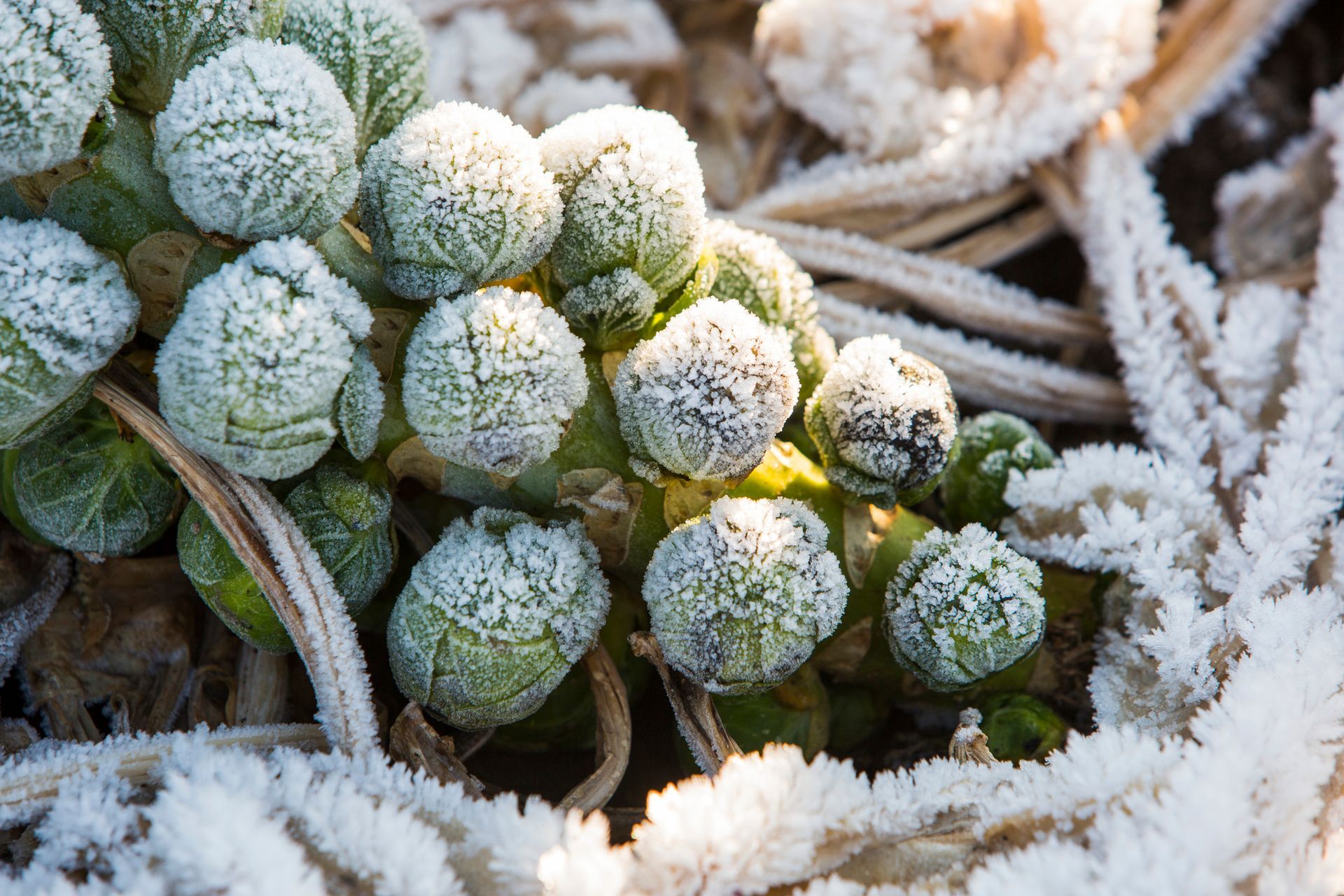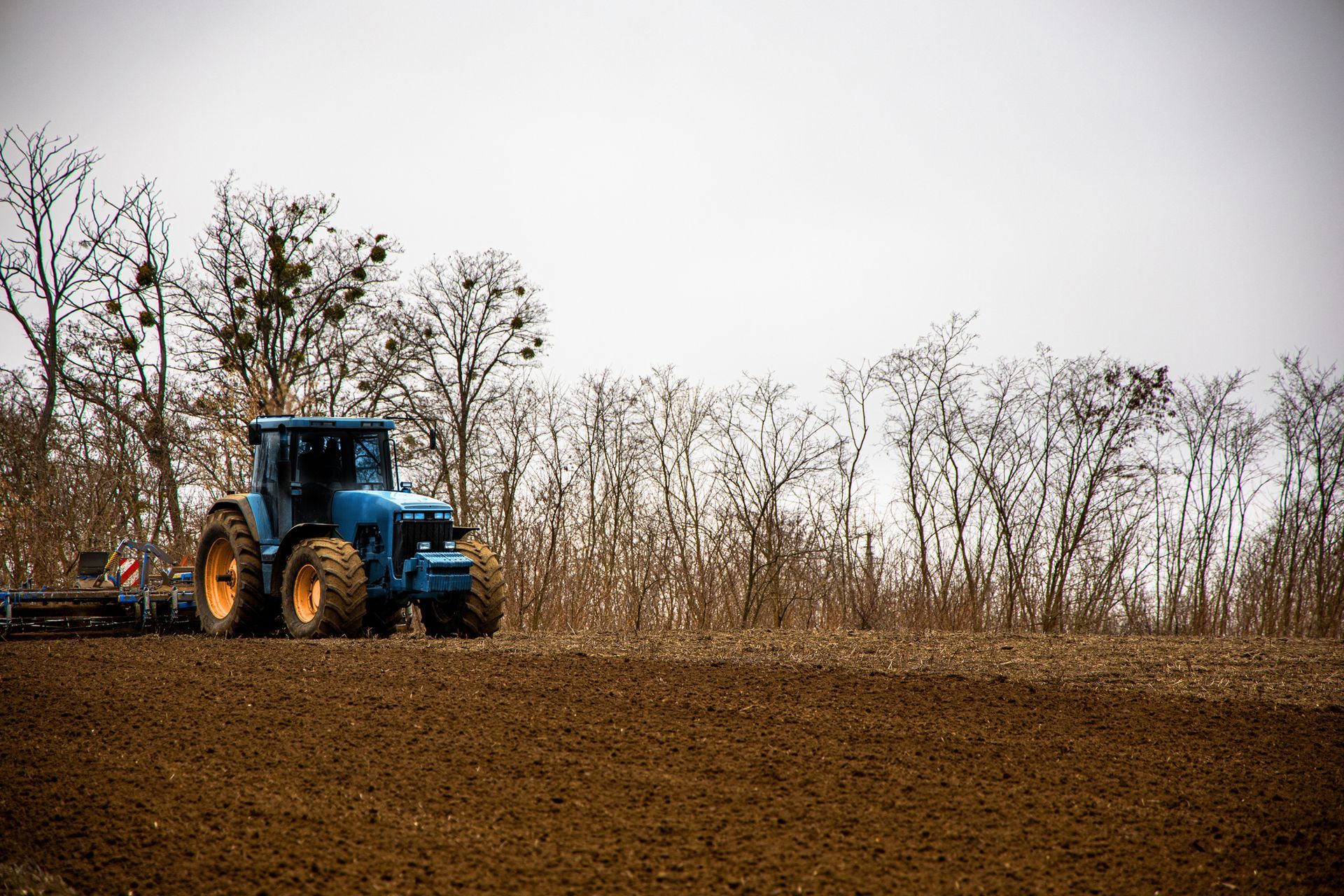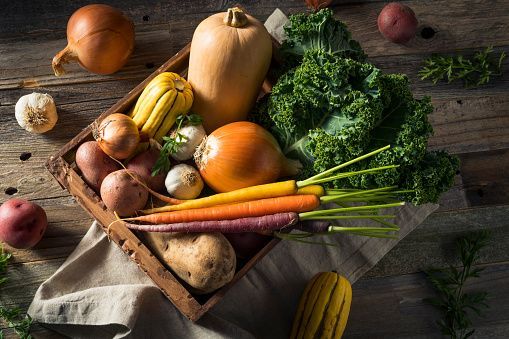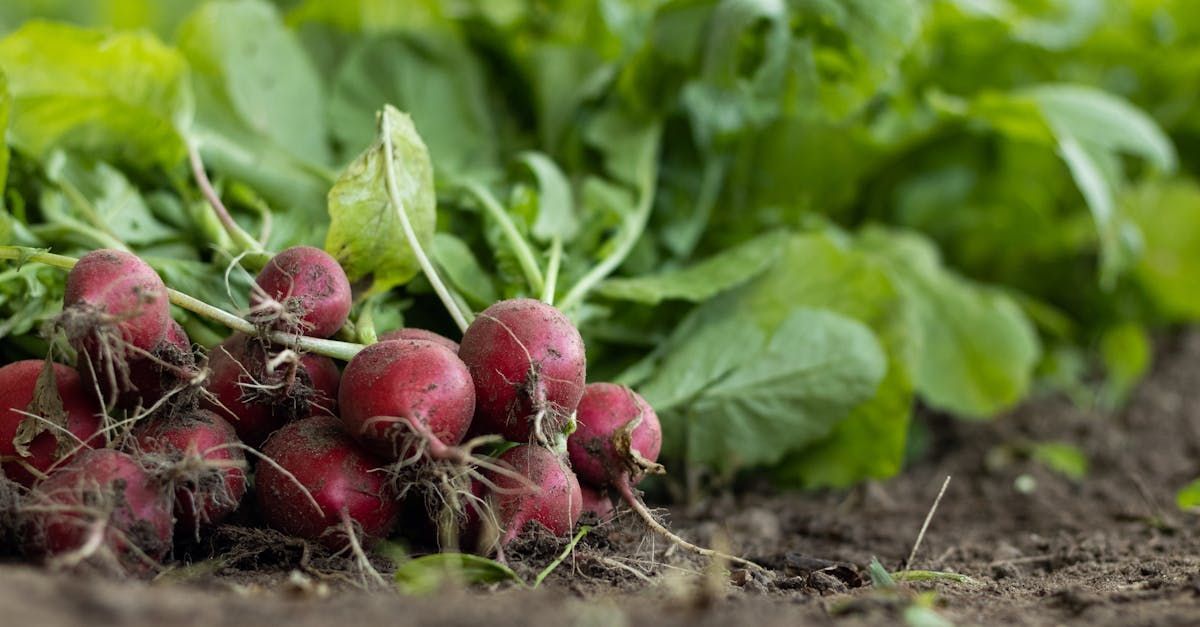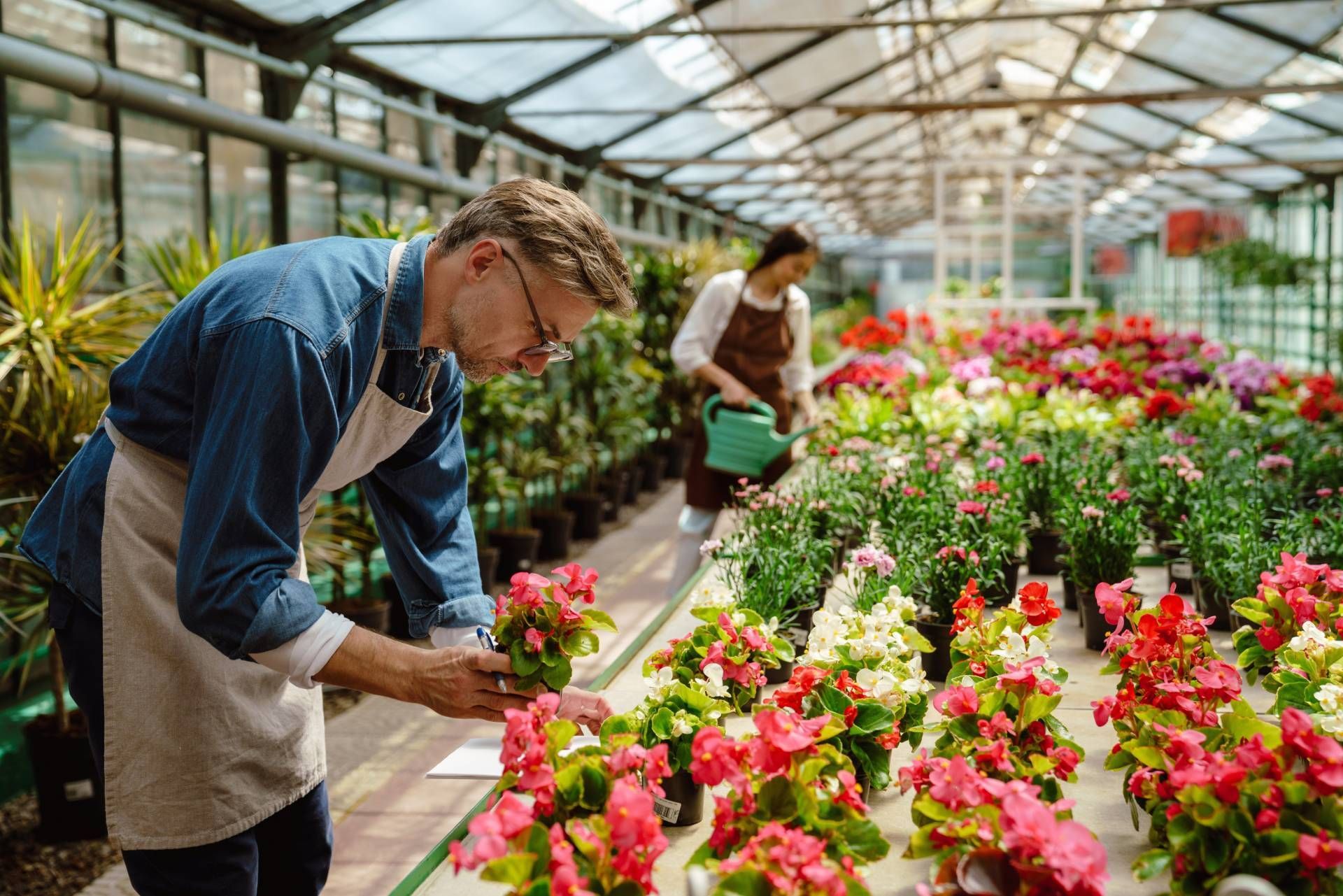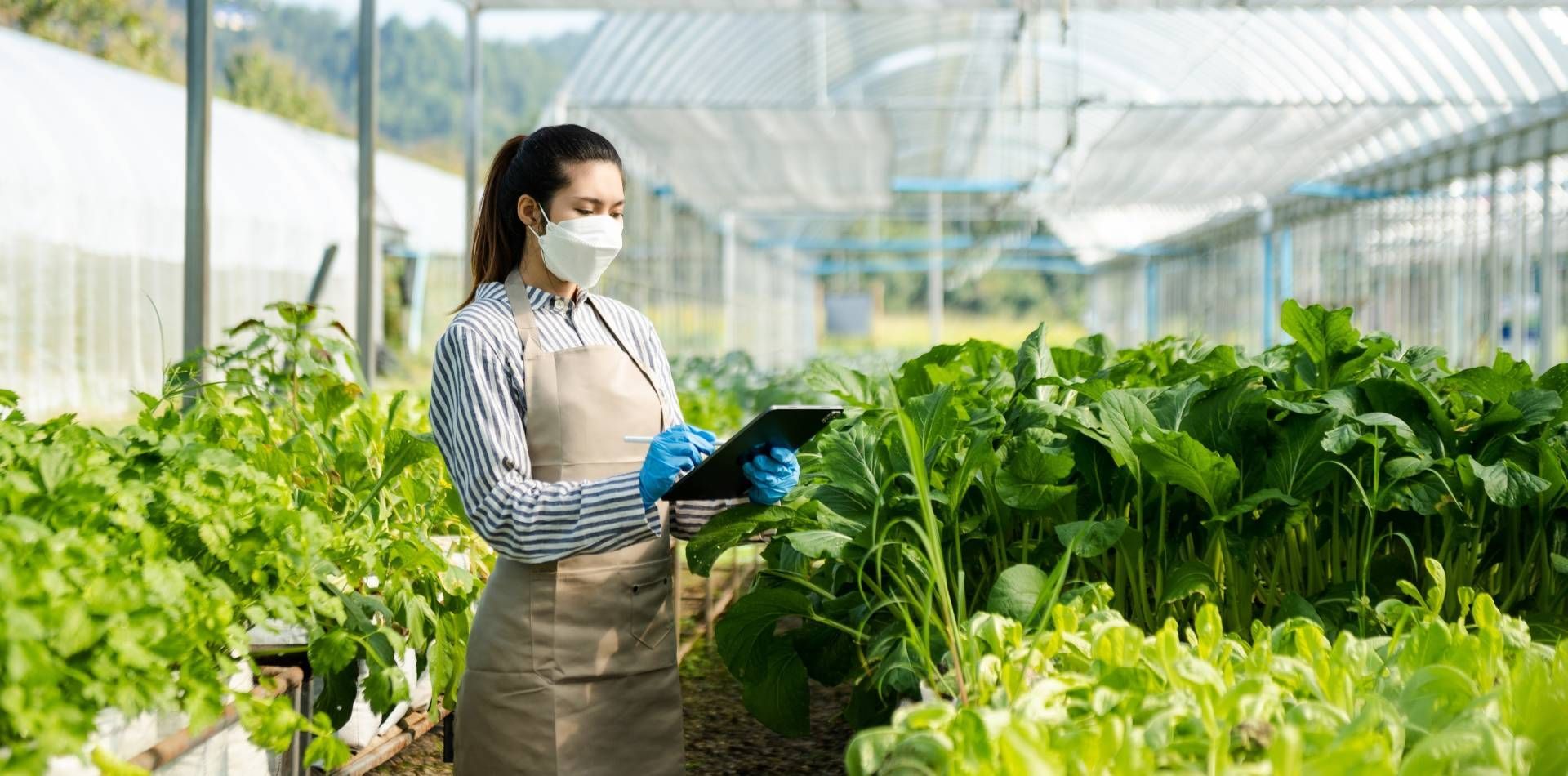Why choose organic fertilizers
TECNOBELL SRL • 15 febbraio 2021
The use of organic fertilizers, made from natural substances are safe for the soil and the ecosystem and it would seem the ideal solution to be used in the agricultural sector. However, from the Industrial Revolution to the present, the use of artificial fertilizers has been preferred.
In recent years the trend seems to be reversing and many farms have begun to use organic fertilizers again for their very important characteristic of not causing damage to the environment and favoring the proliferation of insects and microorganisms with an important function.
The reasons for the success and the vicious circle of artificial fertilizers
The success of artificial fertilizers in the primary sector is not only due to their ability to speed up cultivation times, but also depends on a cultural connotation typical of the last two centuries that aimed at profit, efficiency and competition. The use of chemicals such as nitrogen, phosphorus and potassium added without criteria did not have the only advantage of replenishing the soil with nutrients, but eliminated the need to use rotation systems to rest the soil.
Unfortunately, in the long run artificial fertilizers have led to an impoverishment of the land due to their constant use, have polluted the groundwater reserves and decimated the biodiversity of our countryside, affecting both the flora and many species of insects and microorganisms.
Organic fertilizers: a cultural difference too
Organic fertilizers, unlike artificial ones, do not impoverish the soil but favor a natural renewal of nutrients. Also in this case, the real difference is "cultural": choosing a more natural and less aggressive method is certainly synonymous with greater attention to the ecosystem. A forward-looking approach is essential if we want future generations to still have an Earth on which to build a life and a future.
It is also important to underline that the choice of a more eco-sustainable production does not necessarily translate into a reduction in the possibility of optimization: in a well-established and functional system, farms can obtain their fertilizers directly from local farms, with the creation of jobs and relationships. of mutual trust between different realities. Just like it happens in nature.
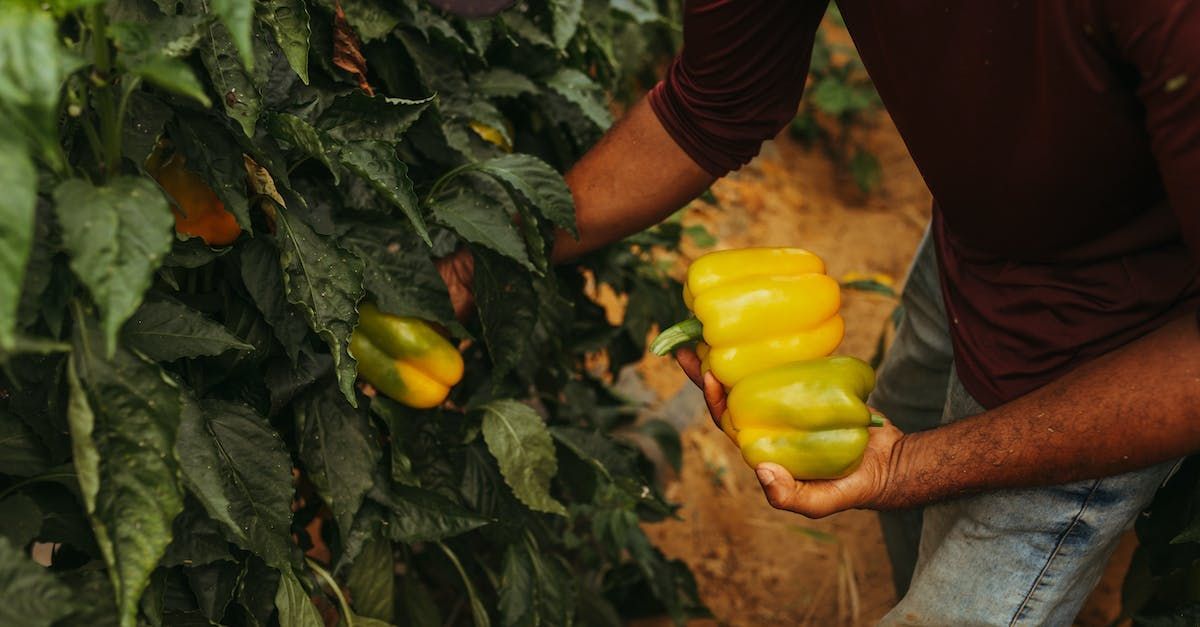
La shelf-life, ovvero il periodo di conservazione dopo la raccolta , è un fattore fondamentale per la qualità e il valore commerciale di frutta, verdura e fiori. Fortunatamente, esistono diverse strategie che, applicate già durante la coltivazione, possono aumentare significativamente la shelf-life dei vostri prodotti, riducendo le perdite e garantendo un raccolto fresco e appetibile per un periodo più lungo.
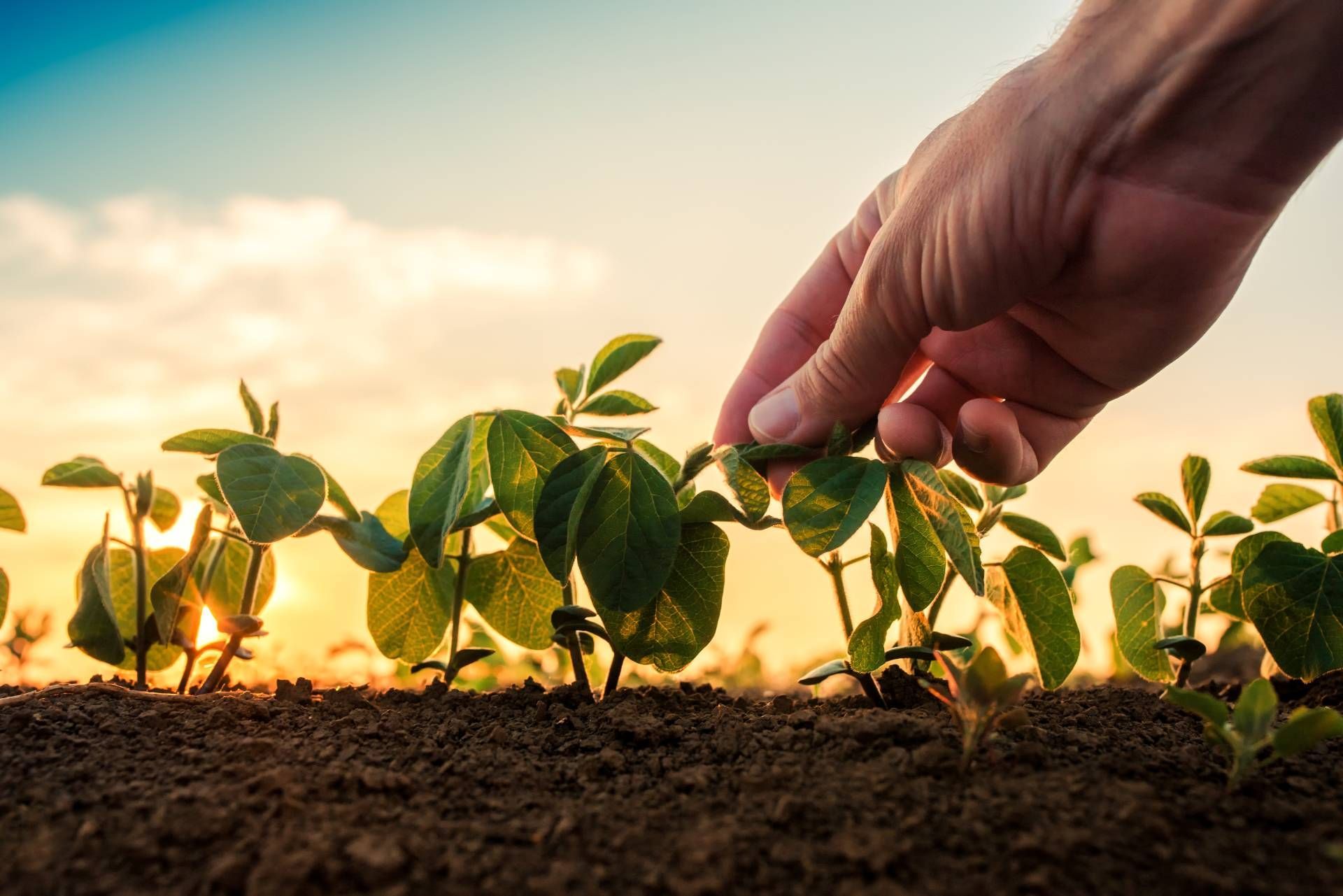
L'adozione di pratiche di concimazione mirata e l'utilizzo di prodotti di precisione non solo portano benefici ambientali, ma anche vantaggi economici per chi lavora la terra La riduzione degli input di fertilizzanti non solo preserva la salute del suolo e dell'ecosistema circostante, ma aiuta anche a contenere i costi di produzione.
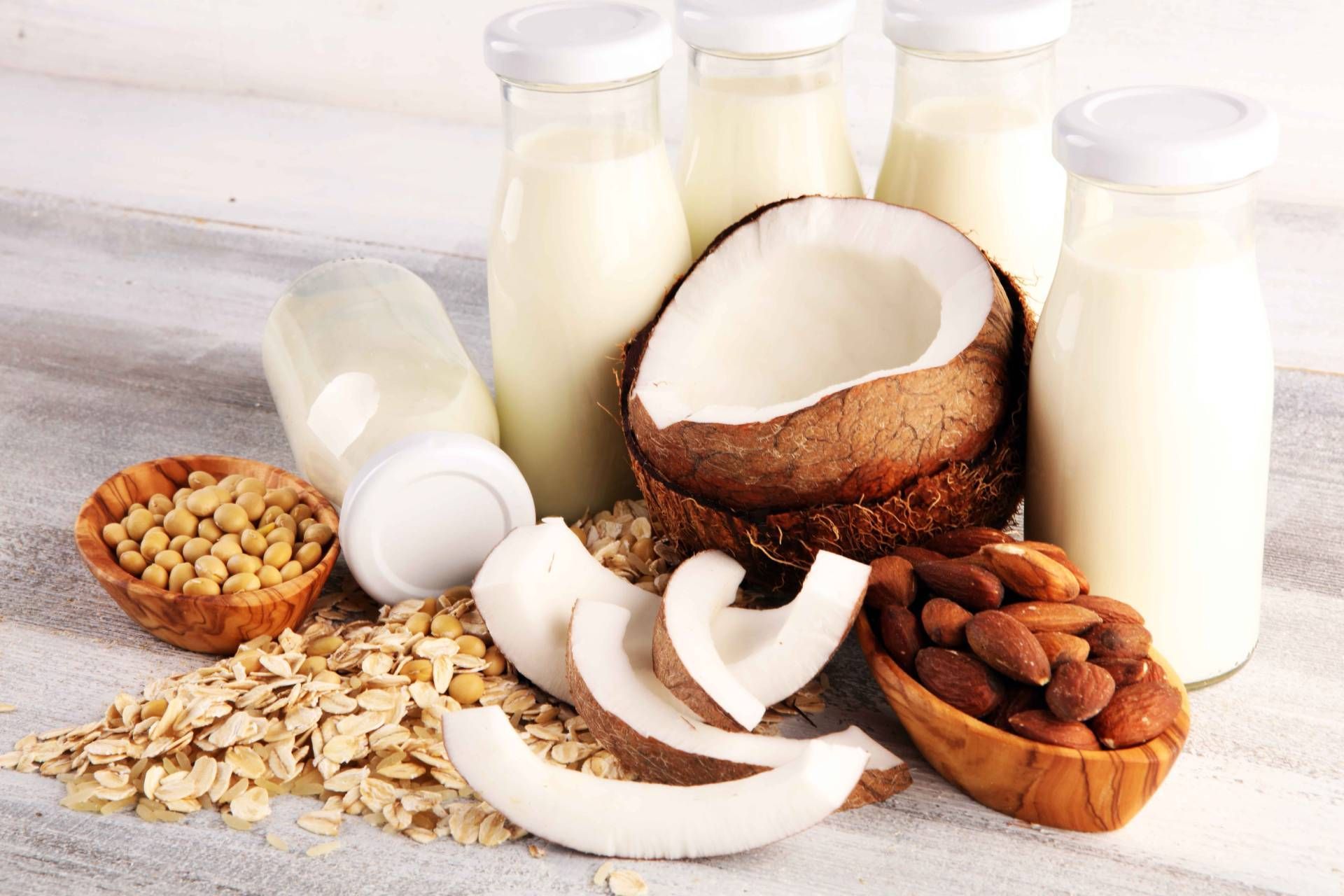
Integrare i prodotti biologici e di origine vegetale nella vita quotidiana è più accessibile che mai. I mercati a chilometro zero, i negozi specializzati e persino i supermercati tradizionali offrono una vasta gamma di opzioni che consentono a chiunque di abbracciare uno stile di vita più sano e sostenibile.








